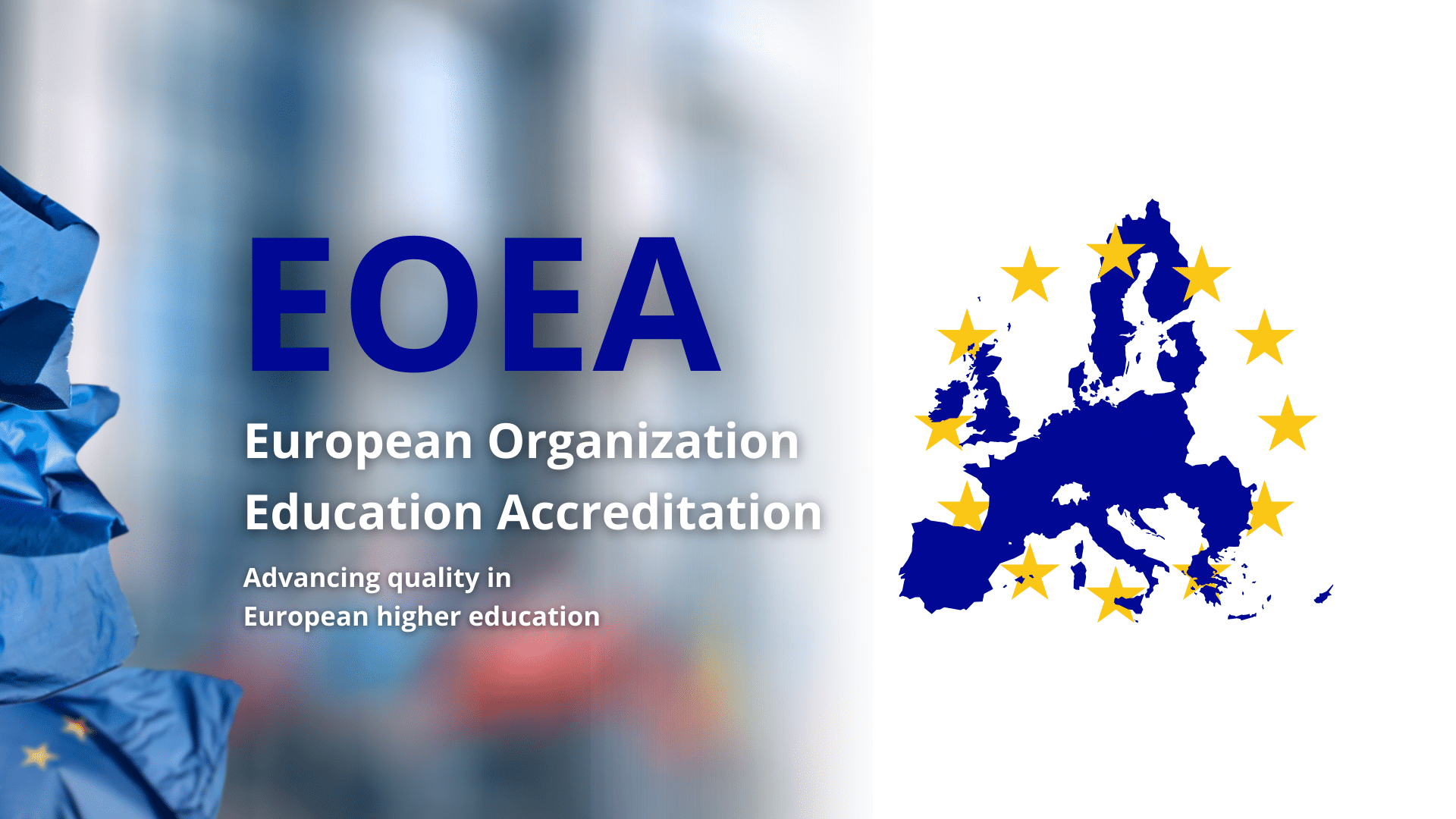
What is the EU doing to improve quality and equity?
Quality investment in education and training
Boosting education outcomes, inclusiveness and the efficiency of national spending on education and training is a top priority of the European Commission.
Learn Languages
The Commission promotes the teaching and learning of languages and Europe’s rich linguistic diversity through various initiatives.
Inclusive and connected higher education
Higher education must be inclusive to all and its institutions connected to their communities.
Key competences for lifelong learning
The Commission work with EU Member States to promote key competences, knowledge and perspectives facilitating lifelong learning.
Our vission
To be a global leader in educational accreditation, setting the benchmark for excellence and innovation in education. We envision a future where all educational institutions meet the highest standards of quality, equity, and integrity, empowering learners to thrive in a rapidly evolving world.
This vision emphasizes EOEA’s commitment to excellence and its goal of leading the way in improving education quality on a global scale.

News and Updates
Stay informed with the latest news and updates related to EOEA accreditation activities and initiatives
01/09/2024: EOEA launches new guidelines to streamline the accreditation
more ...
15/08/2024: Ministers adopt revised ESG
more ...
10/10/2024: New European Standards and Guidelines
more ...
EOEA offers a workshop on preparing for accreditation, featuring interactive sessions and expert guidance for institutions.
more ...
Frequently Asked Questions (FAQ)
Accreditation is a formal recognition that an educational institution or program meets established standards of quality and effectiveness. It is important as it assures students, employers, and stakeholders of the institution's commitment to high standards and continuous improvement
EOEA accreditation enhances institutional credibility and reputation globally. It validates the quality of academic programs, supports student recruitment efforts, and facilitates partnerships with other accredited institutions.
The accreditation process includes:
Initial inquiry and information request.
Formal application submission.
Preparation of a Self-Assessment Report (SAR).
External evaluation by an expert review panel.
Review report and accreditation decision by EOEA's Accreditation Committee.
The duration varies based on the institution's readiness and complexity. On average, the process from initial inquiry to accreditation decision may take 12 to 18 months, including preparation time and external evaluation.
EOEA employs rigorous standards covering areas such as academic quality, governance, faculty qualifications, student support services, and institutional resources. These standards are aligned with international best practices in higher education.
Institutions can apply for accreditation of both specific academic programs and the entire institution. EOEA offers tailored accreditation options to meet the diverse needs of educational providers.
Accredited institutions are required to maintain ongoing compliance with EOEA's standards through periodic reporting and quality improvement initiatives. EOEA provides support and guidance to ensure continued excellence.
You can contact EOEA through our website's contact form or by emailing us directly at info@eoea@edu.eu . Our team will guide you through the accreditation process and address any specific inquiries you may have.
Yes, EOEA offers consultation and support services to assist institutions throughout the accreditation process. Our experts provide guidance on documentation preparation, self-assessment, and readiness for external evaluation.
For detailed information about EOEA's accreditation process, standards, and additional services, please visit our Accreditation Process page or contact our support team directly.
